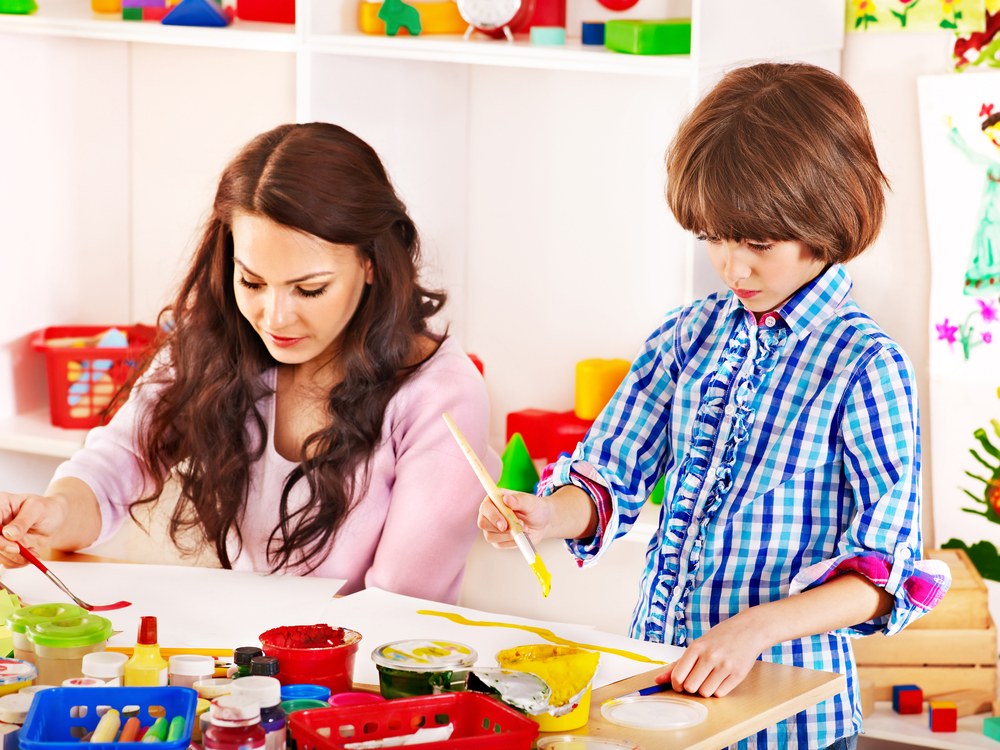Handwriting improvement Normal Tracing Words Worksheets for Ages 3-8
4 filtered results
-
From - To
Enhance your child's handwriting with our Handwriting Improvement Normal Tracing Words Worksheets, specially designed for ages 3 to 8. These printable worksheets provide structured tracing activities that help young learners develop fine motor skills, pen control, and letter formation. Each worksheet features age-appropriate words and engaging designs to keep kids motivated. Ideal for both classroom and home use, these resources lay a strong foundation in writing skills, ensuring your child gains confidence and proficiency in handwriting. Transform learning into a fun, interactive experience with our expert-crafted tracing worksheets.
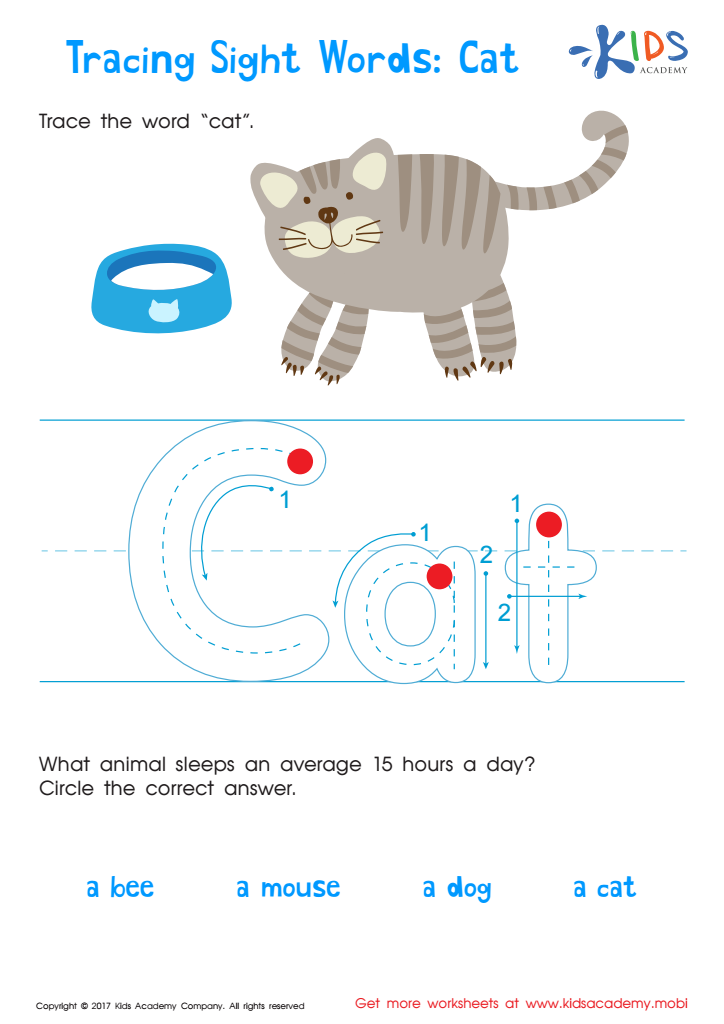

Cat Printable Sight Words Worksheet
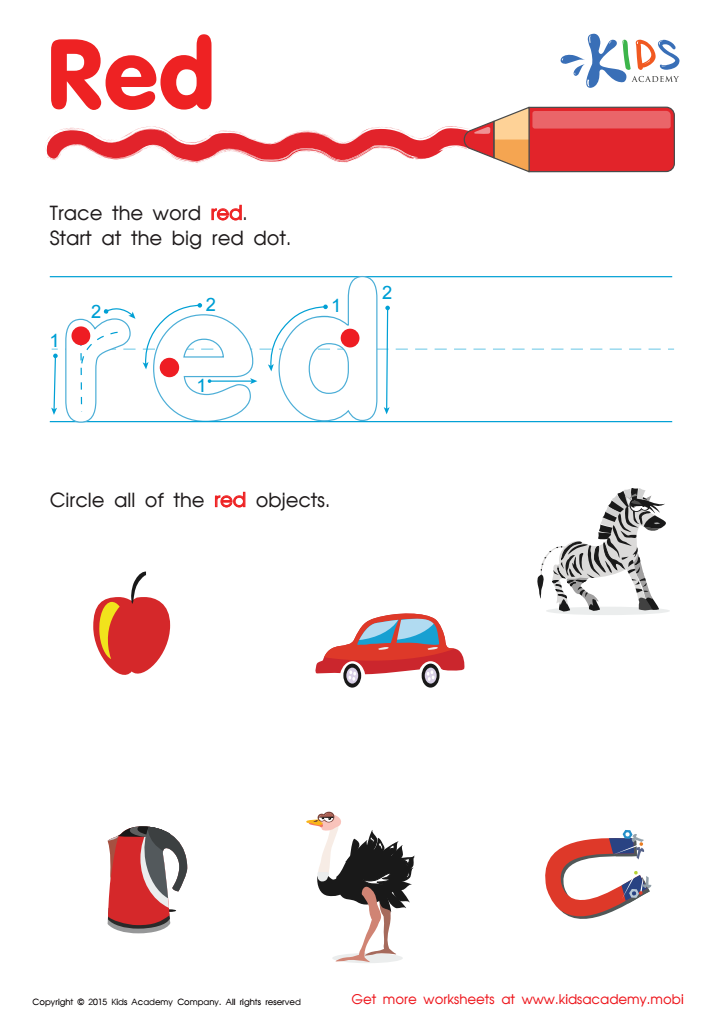

Red Tracing Color Words Printable
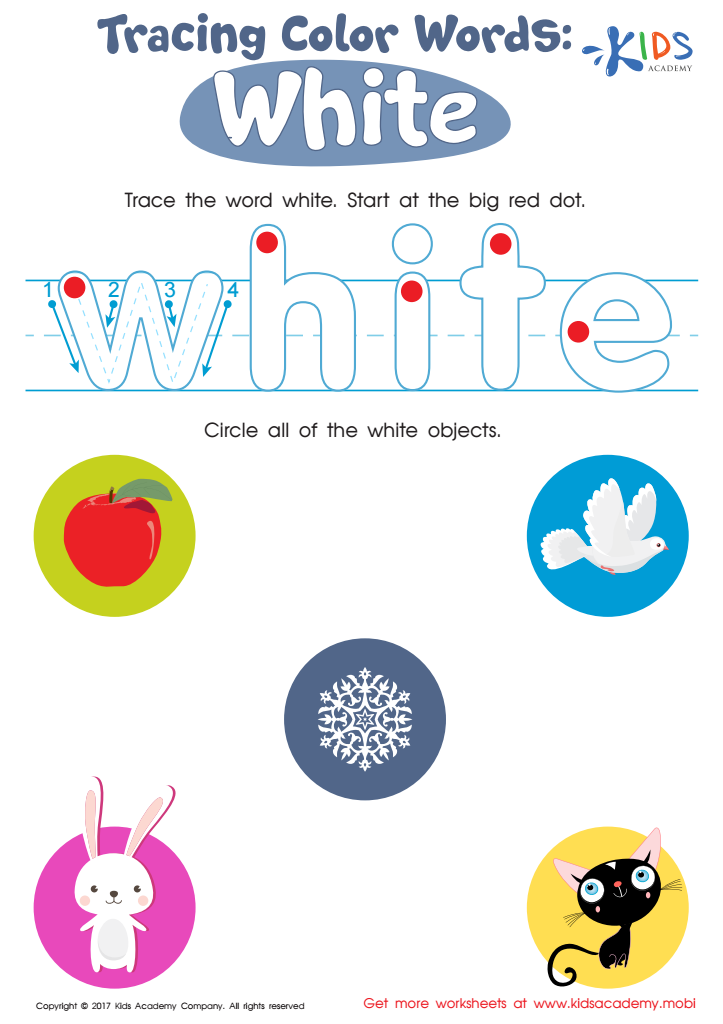

White Tracing Color Words Worksheet
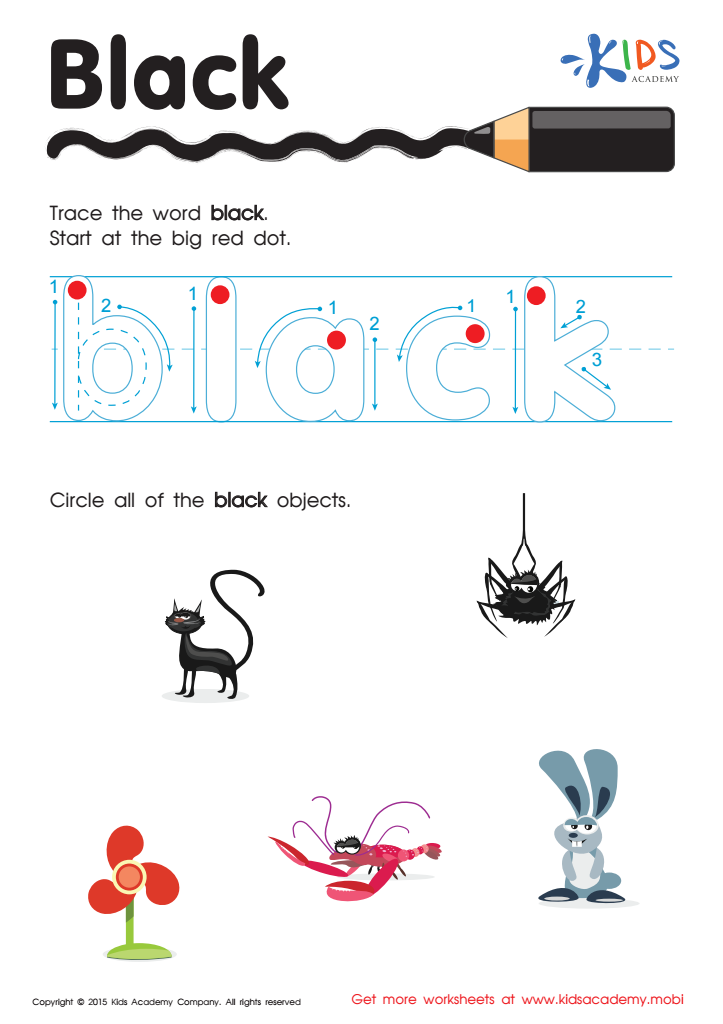

Black Tracing Color Words Printable
Improving handwriting through normal tracing words is highly beneficial for children aged 3-8 and should be a priority for both parents and teachers. Firstly, handwriting enhances fine motor skills, which are crucial for everyday activities such as dressing, eating, and other self-care practices. Tracing letters and words helps develop the muscles in children's hands and fingers, fostering better hand-eye coordination.
Academically, good handwriting is foundational to effective written communication. Children who write clearly are better able to express their thoughts and ideas on paper, facilitating better performance in school tasks. This is especially important in early education where expressing oneself through writing often starts with foundational skills like forming letters.
Handwriting practice also supports cognitive development by stimulating areas of the brain involved in reading, writing, and memory. When children trace and write, they reinforce their understanding of letter shapes, names, and sounds, essential components of early literacy.
Socially and emotionally, neat handwriting can boost a child's confidence and reduce frustration. Being able to write clearly allows children to participate fully in classroom activities, receive positive feedback, and feel proud of their work.
In summary, improving handwriting through tracing activities is vital for fine motor development, academic performance, cognitive growth, and emotional well-being in young children.
 Assign to My Students
Assign to My Students




